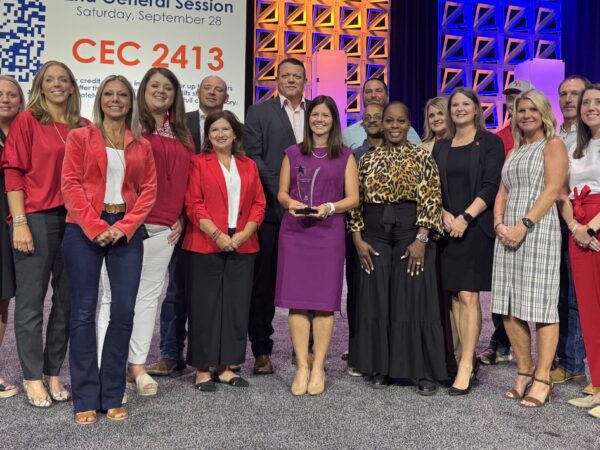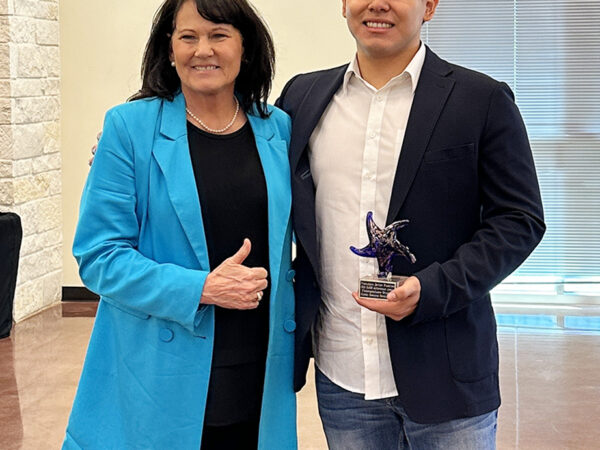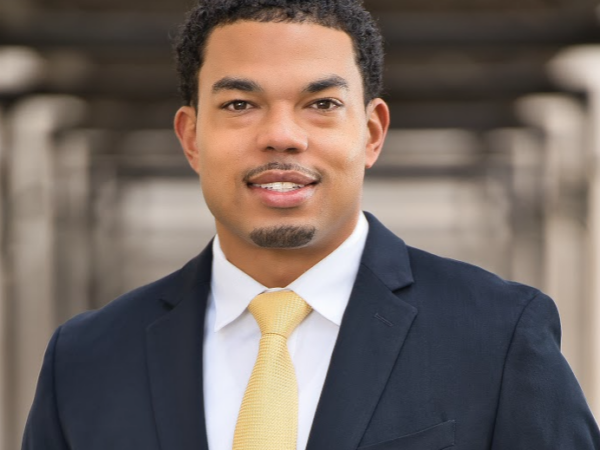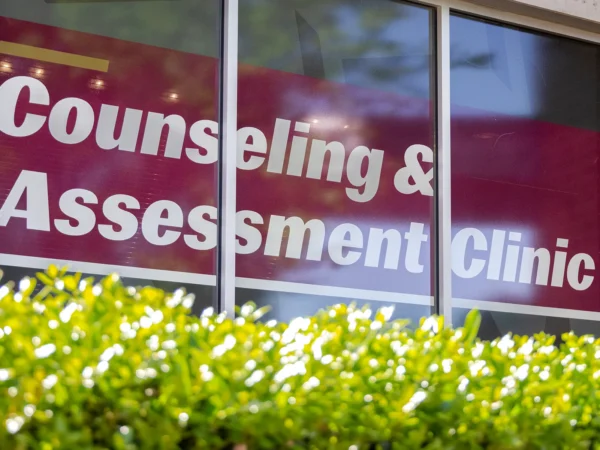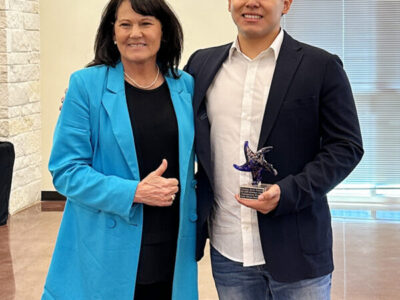Professor Highlights Concern About The Success Of Latino Males In Higher Education
As a first-generation Cuban immigrant, Dr. Luis Ponjuan knows firsthand the challenges minorities face in higher education. Many minority students are first-generation college students and do not have the guidance from parents about the college experience. In 2014, 75 percent of Hispanics graduated high school but just 15 percent graduated college with a Bachelor’s degree or higher.
Dr. Ponjuan, associate professor of higher education administration, came to the United States as a child with parents that did not speak English. Thanks to teachers and others that served as mentors along the way, Dr. Ponjuan received his Ph.D. in Higher Education and has been a professor at Texas A&M for four years. He is now using his story to advance the conversation about Hispanic males in higher education.
Dr. Ponjuan co-authored Ensuring the Success of Latino Males in Higher Education: A National Imperative. The book, a culmination of years of research from scholars across the country, is the first to specifically focus on Latino males in higher education. It includes 12 chapters detailing theories, research and practice.
The hope is this book opens new discussions, on a local and national level, about what can be done to address the growing demographic and the struggles Hispanic males face in higher education. “It’s important because folks across the nation are looking at the state of Texas and Texas A&M to understand and think about how this issue is being addressed,” said Dr. Ponjuan. “This book is a first step in providing, beyond a journal article, a very comprehensive understanding of what’s being done.”
Three Texas A&M faculty members were involved, including Dr. Linda Castillo, professor of counseling psychology. Her chapter focuses on the role of family in academic persistence. “This book starts a national dialogue on why this problem is occurring,” said Dr. Castillo. “Educational leaders and policy makers need to have a national discussion on what works, what doesn’t and what changes need to be made in our educational system to address this growing trend of the under education of the Latino male.”
Research has shown that Hispanic males are more likely to drop out of high school, join the workforce instead of go to college or leave college before graduating. Young Hispanic males represent the fastest-growing employment pool and also the most underutilized intellectual talent pool.
The Obama Administration is hoping to change that with its latest higher education goal. The hope is that, by 2020, the U.S. would once again have the highest proportion of college graduates in the world. In order for that goal to be met, Hispanics will need to earn 3.3 million degrees between now and 2020.
The Texas Higher Education Coordinating Board released its own plan last summer. The goal of 60x30TX is for 60 percent of the 25 to 34 year old workforce to hold a certificate or degree by 2030. “We can’t get to that number without focusing on Latinos and Hispanics – it’s mathematically impossible,” said Dr. Ponjuan. “We can’t ignore more than half of the group to reach that 60 percent.”
According to the opening chapter of Dr. Ponjuan’s book, “in order for Latino males to succeed along varied academic pathways, researchers, policy makers, public officials, private sector leaders and Latino families and communities must embrace a comprehensive and proactive agenda for change.”
Research has shown that Hispanic males are less likely than their male peers to search for college information, participate in college prep courses or talk to a school counselor about college. Ensuring the Success of Latino Males in Higher Education points to high school counselors and teachers to make the biggest impact on Hispanic males developing a college enrollment goal. “A recent study suggests that high schools need to improve the college-going culture through clear and tangible levers. For example, high school teachers who ‘expect students to go to college and take responsibility for preparing and supporting their students in college application’ are key levers that improve the likelihood of a student enrolling in college.”
It is important to start talking to students about their future long before they are in high school. “Research clearly indicates by the third grade students start recognizing their identity,” Dr. Ponjuan explains. “So we really need to think about, by the third grade, how these students see themselves as students, and more critically, as going to college.”
Dr. Ponjuan and his co-authors hope this book inspires more dialogue, understanding and transformative action. “The first hope is that we bring a greater awareness of the issue to a larger community of families, administrators and community leaders. I think it’s important to talk about, not only having an awareness, but having a commitment to this work,” said Dr. Ponjuan. “We also need to develop a collaborative consciousness towards action. I think it’s important for us to recognize that this book shouldn’t just be something you put on the shelf but something that actually becomes useful and moves institutions and communities to action.”
About the Writer
Ashley is the Media Relations Coordinator and responsible for news coverage in the Department of Teaching, Learning and Culture as well as the Department of Educational Psychology.
Articles by AshleyFor media inquiries, contact Ashley Green.
Fundraising
To learn more about how you can assist in fundraising, contact Amy Hurley, Director of Development ahurley@txamfoundation.com or 979-847-9455


